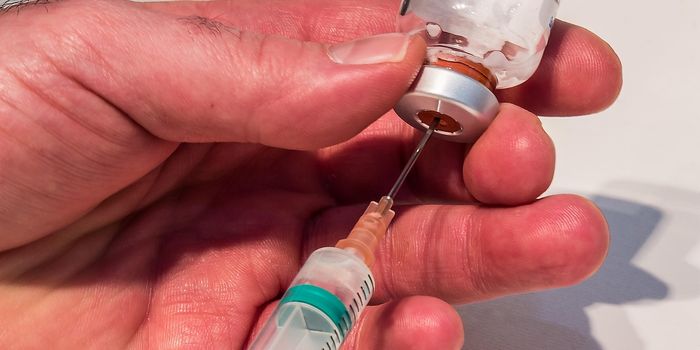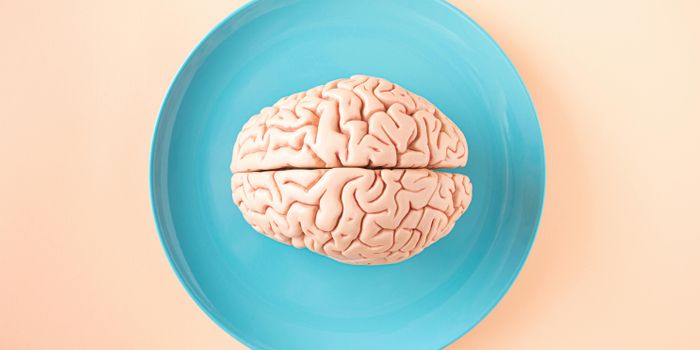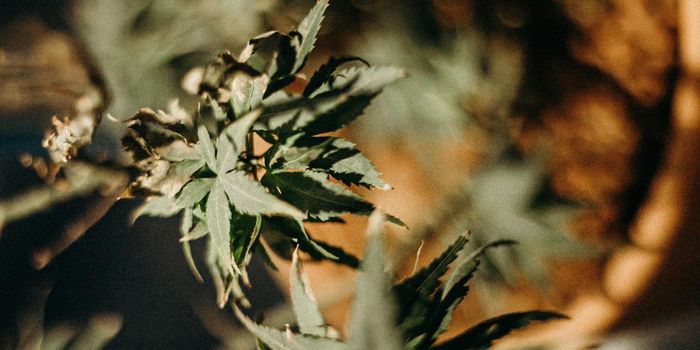Cannabis Cells Use Hacking Strategies to Make THC and CBD
Scientists have discovered the cannabis plant uses cell production "hacks" to make cannabinoids such as THC and CBD. Prior to this study, little was known about this cannabis plant process. The study published in Current Biology examined the microenvironments in which cannabinoids are produced and transported in cannabis trichomes.
The study found that glandular cells form a polarized syncytium during THCA production and secretion. Tetrahydrocannabinol acid (THCA) converts to psychoactive tetrahydrocannabinol (THC) when activated. THCA is located on the extracellular surface of trichomes. Trichomes are glandular hair-like outgrowths found on the surface of a cannabis flower.
The researchers used rapid freezing of cannabis glandular trichomes to immobilize the plant's cellular structures and the metabolites in situ. They examined cannabis glandular trichomes using electron microscopes that revealed cell structure at the nano level in order to understand the molecular mechanism involved in hacking cells. The researchers observed the active cells in cannabis form a "supercell" that acts as a mini metabolic biofactory.
The study provides helpful insights into the engineering of THC levels and customized formulations of cannabis products. According to study author and University of British Columbia botanist Dr. Sam Livingston, "This really helps us understand how the cells in cannabis trichomes can pump out massive quantities of tetrahydrocannabinol (THC) and terpenes -- compounds that are toxic to the plant cells at high quantities -- without poisoning itself." The new model can inform synthetic biology approaches for cannabinoid production.
Previous research on cannabis cells was not as accurate, because it relied on outdated electron microscopy. Study author Dr. A. Lacey Samuels explained the study’s significance: "This work defines how cannabis cells make their product. It's a paradigm shift after many years, producing a new view of cannabinoid production. This work has been challenging, partly the result of legal prohibition and also due to the fact that no protocol for the genetic transformation of cannabis has been published." This study can provide guidance for regulatory policy development regarding cannabis processing and manufacturing of specialized cannabinoid products.
Sources:
Current Biology, Science Daily








